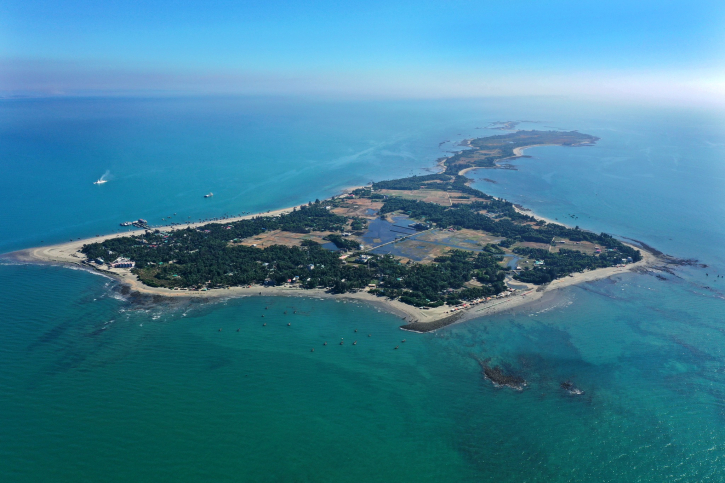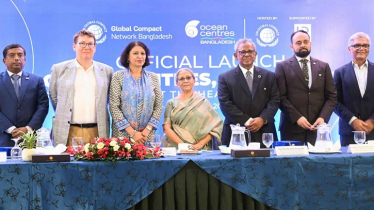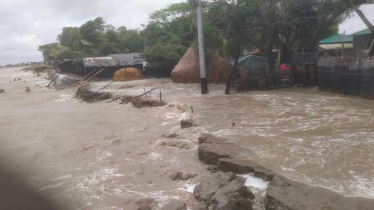
The interim government of Bangladesh is formulating a comprehensive masterplan for the country’s only coral island, St Martin’s. According to Environment, Forest and Climate Change Ministry Public Relations Officer Dipankar Bar, the plan aims to restore the island’s ecosystem while introducing waste management initiatives and alternative livelihood opportunities for local residents.
Measures to regulate tourism have already been implemented to minimize environmental damage. A ministry press release stated that in the past year, significant initiatives have been undertaken to protect the environment, conserve forests and biodiversity, and address climate change.
Nationwide enforcement has eliminated the use of banned polythene in shopping malls, while joint operations with law enforcement agencies target illegal production and distribution in markets and factories. In partnership with the Ministry of Textiles and Jute, an affordable jute bag supply program is underway as an eco-friendly alternative.
To combat air pollution, a National Air Quality Management Plan has been adopted, 830 illegal brick kilns demolished, and efforts initiated to declare Savar and Ashulia as “polluted air zones.” Unlicensed lead factories have been shut down, and youth engagement programs have been launched to curb noise pollution. In Gazipur, connections from nine industrial units polluting the Gacha canal have been severed, and all polythene manufacturing plants closed. The Department of Environment has received approval for new programs and the construction of 37 office buildings.
For hill conservation, data from listed hills in 16 districts has been integrated into an online database, with regular monitoring in place. Under the Climate Change Trust Fund, 41 projects worth Tk 351 crore have been approved, and the Bangladesh Climate Development Partnership has been finalized.
Forest and wildlife conservation have also seen notable progress, with 10,322 acres of forestland in Cox’s Bazar and Sonadia reclaimed, and 144 acres in Purbachal declared a special biodiversity zone. Over the past year, 5,093 acres of encroached forest have been recovered and reforested. The ministry has banned the cultivation of eucalyptus and acacia, initiated restoration of the Madhupur Sal forest, and undertaken projects to establish elephant corridors and boost biodiversity in Chunati and Sherpur.
To address human-elephant conflict, 159 Elephant Response Teams have been formed. Efforts are also underway to reintroduce the endangered native peafowl, protect vulnerable species, declare wetlands as sanctuaries, and combat wildlife crime—resulting in 293 operations and the rescue of 5,684 animals. Plastic use and picnicking have been prohibited in national parks and eco-parks. Work is ongoing to modernize the Wildlife Act and draft new environmental laws and guidelines.
The ministry stated these initiatives set a new benchmark for environmental protection in Bangladesh, contributing to the creation of a climate-resilient and sustainable future.





